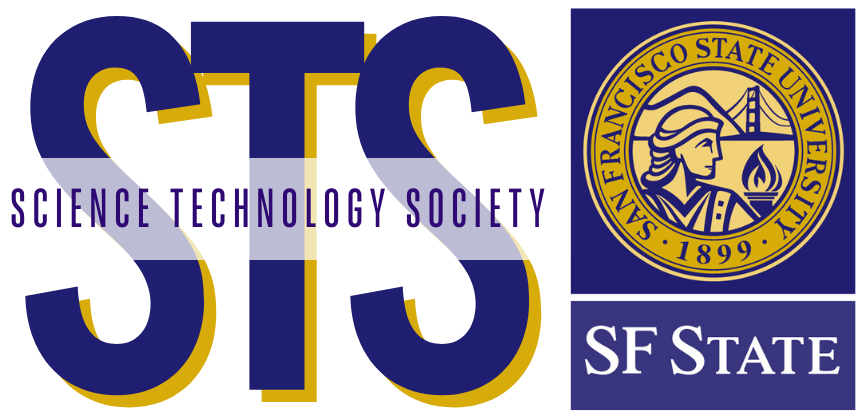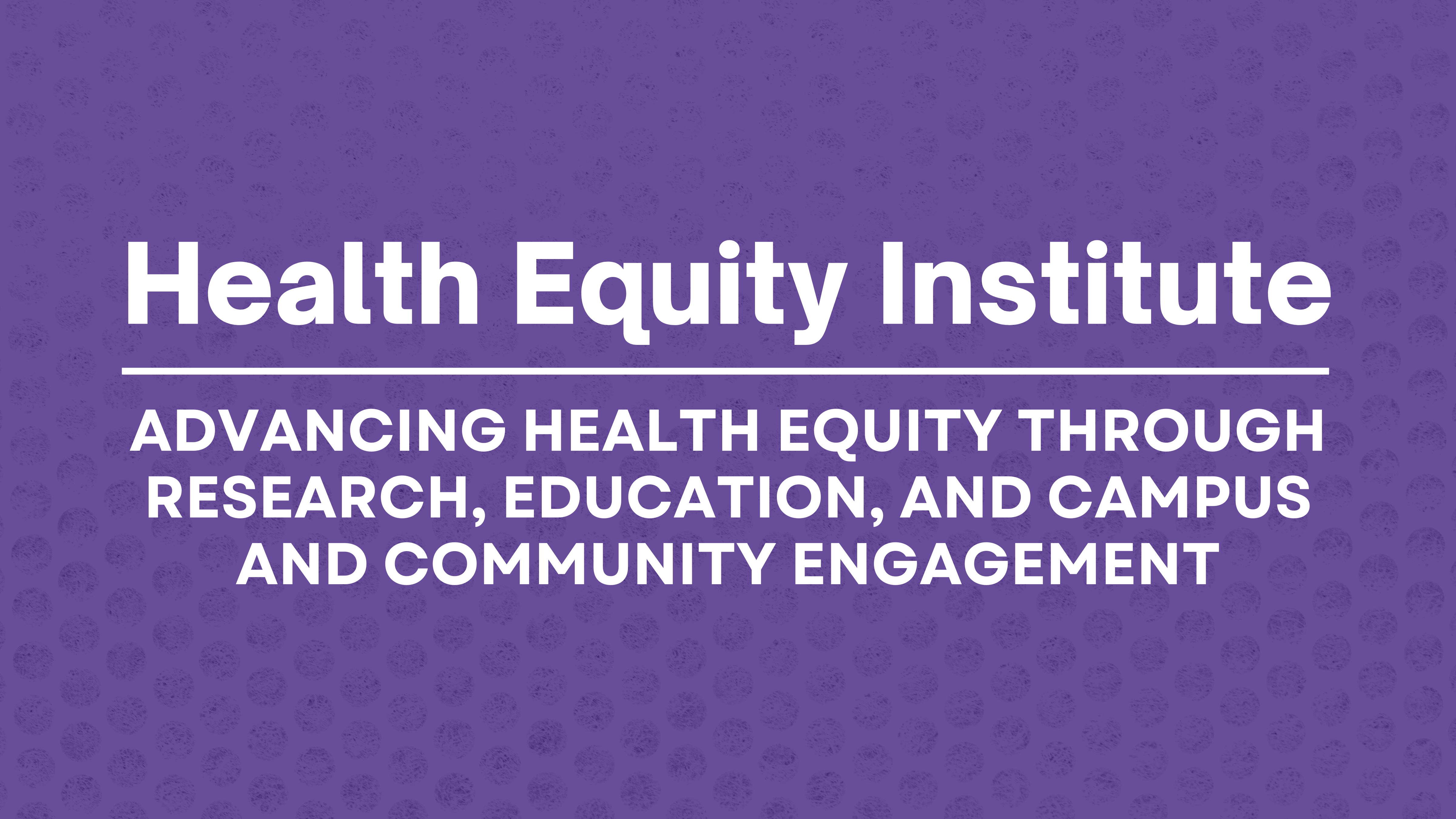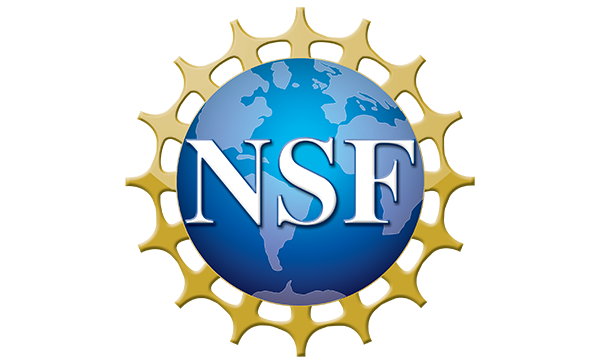Our 2023-2024 STS Hub Fellows
Amy M. Skonieczny, Professor of International Relations
Arezoo Islami, Assistant Professor and B.A. and Minor Advisor of Philosophy
Dawn-Elissa Fischer, Professor of Anthropology
Archana Anand, Assistant Professor of Biology
Supriya Misra, Assistant Professor of Public Health
Sepideh Modrek, Associate Professor of Economics
N. Rae Shaw, Assistant Professor of Cinema
Anusha Sundarrajan, Assistant Professor of Education
Sheldon Gen, Professor of Public Administration
Angela Elena Fillingim, Assistant Professor of Sociology
Rachel Flynn, Assistant Professor of Child & Adolescent Development
Martha Louise Lincoln, Professor of Anthropology
Sonja MacKenzie, Associate Professor, Public Health, Santa Clara University
Claudia Wilopo, Visiting Scholar, Anthropology
Taku Chirenje, MSc Student, Biology
Liz Nevolo, MSc Student, SLHS
Filipp Matveev, MA Student, Philosophy
Theresa Willem, PhD Student, Technical University of Munich
Salah Hamdoun, PhD Student, Arizona State University
Lee Worden, Specialist, Proctor Foundation, UCSF
Led by Martha Kenney and Laura Mamo
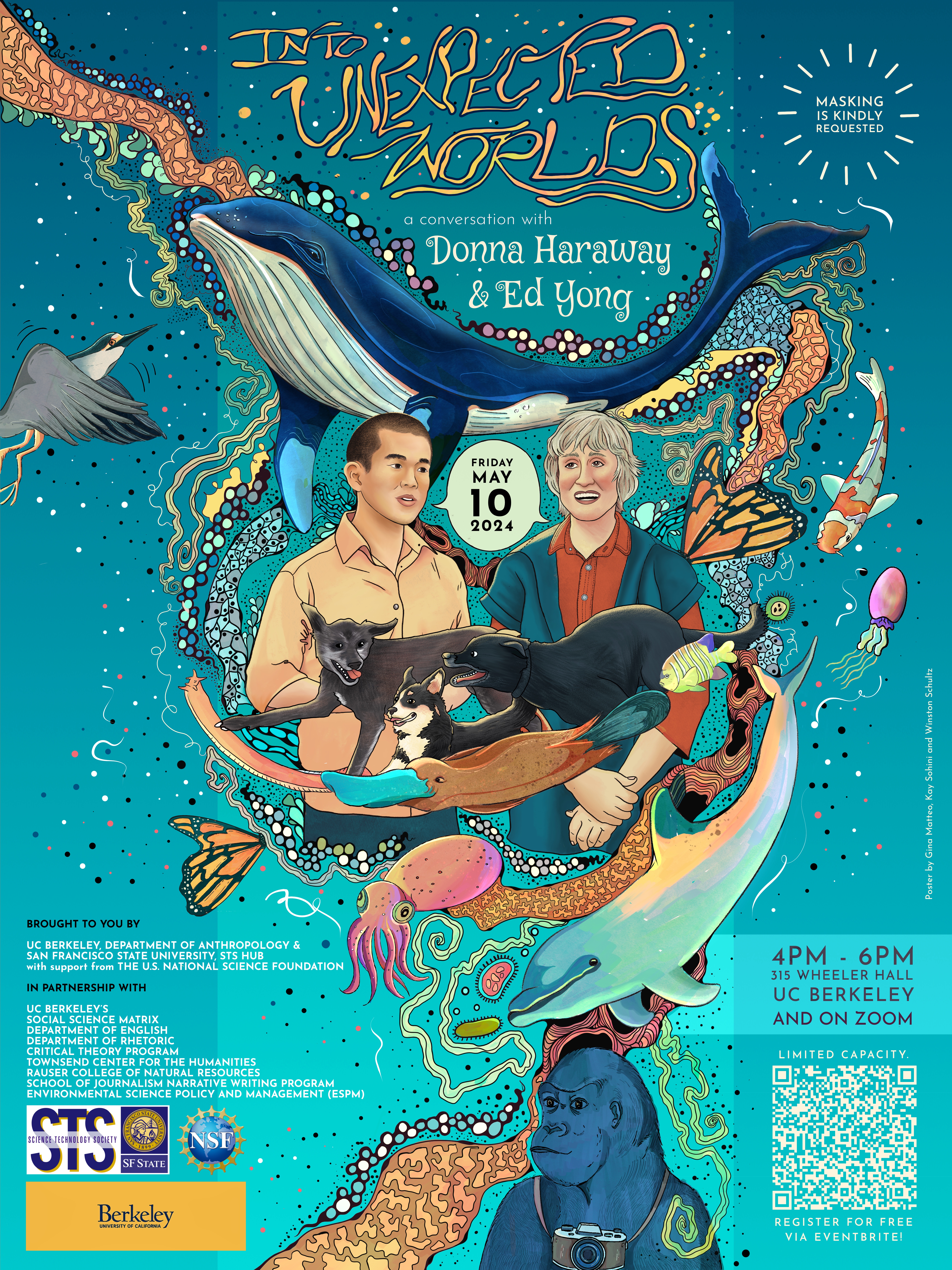
The STS Hub Fellowship program was launched in 2019 on the heels of four successful years of building an STS Hub community. The STS hub allows faculty working at the intersection of science and social justice to join a community of engaged scholars for a year-long fellowship. Over the course of the year, STS Hub Fellows:
- Share scholarships
- Develop research projects
- Engage in new collaborations
- Mentor advanced graduate students
- Host events and speakers
- Participate in shaping the future of the STS Hub
The STS Hub model was co-developed by Martha Kenney in Women & Gender Studies, Laura Mamo in Public Health, and a former postdoctoral fellow at the Health Equity Institute Ugo Edu (UCLA). For one introduction to science, technology and society see Kleinman and Moore (2014).
STS Hub Leadership
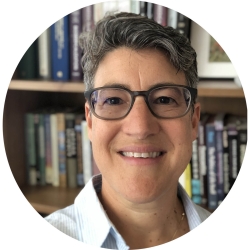
Laura Mamo, Health Equity Institute Professor of Public Health
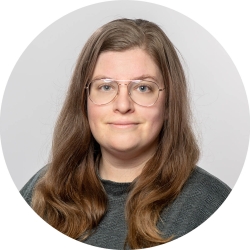
Martha Kenney, Department Chair & Associate Professor of Women & Gender Studies
STS Hub Fellow Cohorts
2019-2020
Christoph Hanssmann (Associate Professor of Women and Gender Studies, UC Davis)
Carrie Holschuh (Associate Professor of Nursing)
Julietta Hua (Professor of Women & Gender Studies)
Arezoo Islami (Assistant Professor of Philosophy and B.A. Minor Advisor)
Martha Lincoln (Associate Professor of Anthropology)
Blanca Missé (Associate Professor of French in the Department of Modern Languages and Literature)
Leslie Quintanilla (Assistant Professor and Undergraduate Advisor of Women & Gender Studies)

2020-2021
Dawn-Elissa Fischer (Professor of Anthropology)
Julie Hua (Professor of Women & Gender Studies)
Angela Jones (Associate Professor of English Language and Literature)
David Peña-Guzman (Associate Professor of Humanities and Liberal Studies)
David Quintero (Assistant Professor of Mechanical Engineering)
Meredith Reifschneider (Assistant Professor of Anthropology)
Iris Phillips (Ed.D. Educational Leadership, Industrial/Organizational Psychology)

2021-2022
Soumyaa Behrens (Lecturer Faculty of School of Cinema)
Stephanie Claussen (Assistant Professor of Engineering)
Christoph Hanssmann (Associate Professor of Women and Gender Studies, UC Davis)
Maryam Khan (Adjunct Faculty of Engineering, Skyline College)
Supriya Misra (Assistant Professor of Public Health)
Blanca Missé (Associate Professor of French in the Department of Modern Languages and Literature)
Meredith Reifschneider (Assistant Professor of Anthropology)
Aiko Yoshino (Associate Professor of Recreation, Parks, and Tourism)
Tara Gonsalves (Assistant Professor of Sociology, Northwestern University)
Nina Fárová (Fulbright Visiting Scholar - Anthropology & Sociology)
Dana Ahern (Postdoctoral Teaching Fellow in Queer & Transgender Studies, University of Nevada, Reno)
Michelle Tran (Lecturer in the Department of African American Studies, San Jose State University)
Julia Cover (M.A. Student Women & Gender Studies)
Michael Brown (M.A. Student Anthropology)
Iris Phillips (Ed.D. Educational Leadership, Industrial/Organizational Psychology)

The STS Hub has received financial support from the College of Science and Engineering (CoSE), the Office of Research and Sponsored Programs (ORSP), the College of Liberal and Creative Arts (LCA), and especially the Health Equity Institute. It was seeded and remains administratively run out of the Health Equity Institute (HEI).
